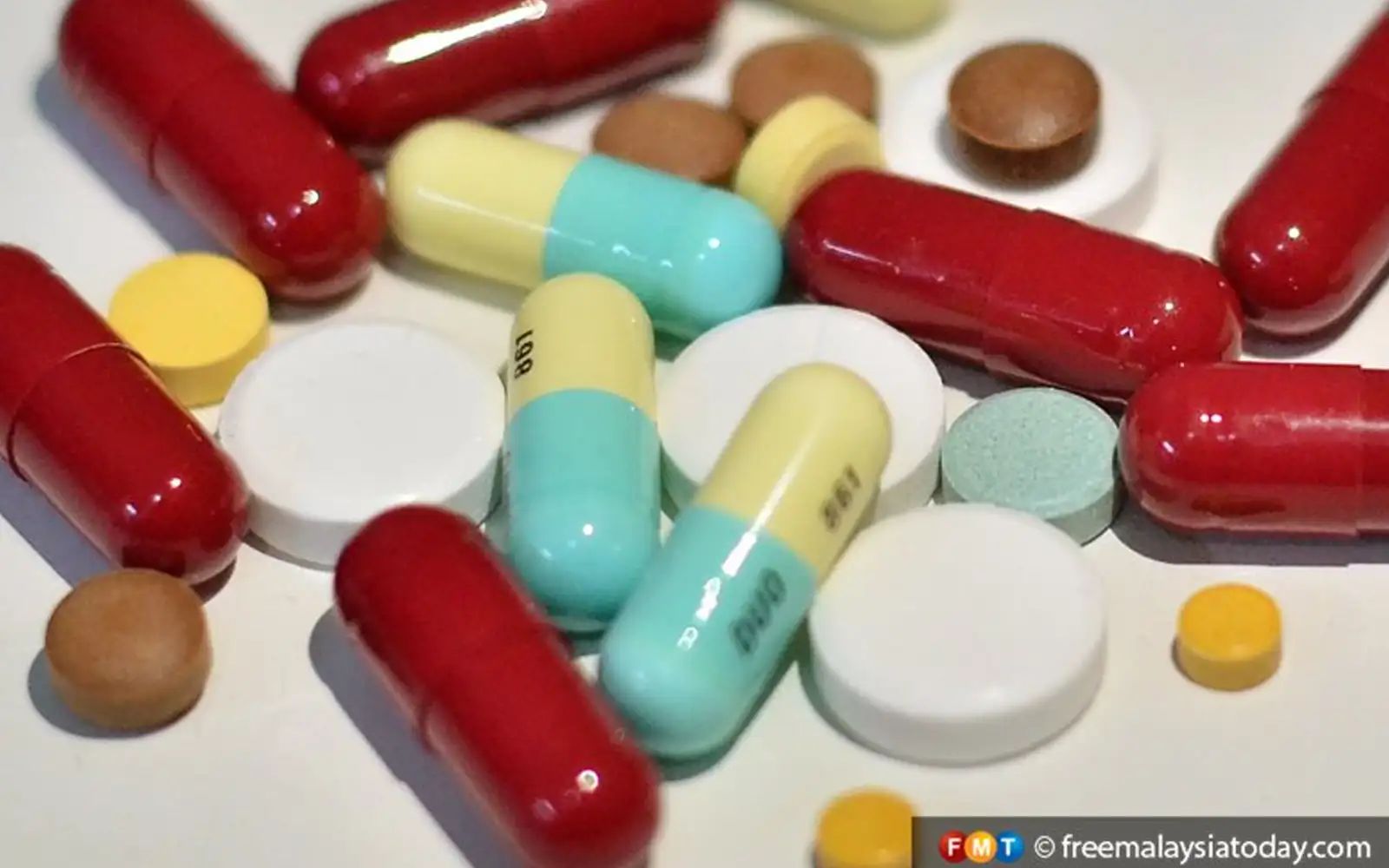 A private general practitioner said MiCare’s statement means that doctors still do not have sole discretion over the dispensation of medication and treatment.
A private general practitioner said MiCare’s statement means that doctors still do not have sole discretion over the dispensation of medication and treatment.
PETALING JAYA: A private healthcare third-party administrator (TPA) has defended its directive on the implementation of a policy to dispense only generic medication.
Commenting on a recent controversy which saw objections from health and medical-related organisations, MiCare said banks retained full discretion on the scope, nature and limits of medical benefits available to their employees.
In a letter to its panel clinics sighted by FMT, MiCare said it was responsible for evaluating, adjudicating, processing and administering medical claims as directed by banks within the purview of the applicable laws, regulations and contractual obligations.
“The associated cost in any given case will be borne or reimbursed in accordance with the employee’s entitlement,” it said, adding that employees had to bear the cost in cases where prescribed medications or treatment falls outside the parameters established by the banks.
MiCare said it also fully recognised the clinical autonomy of doctors in determining the appropriate medical treatment for their patients, and remained committed to open and transparent engagement with doctors.
A private general practitioner who requested anonymity said this meant that doctors still did not have sole discretion over the dispensation of medication and treatment, as MiCare said it had contractual obligations with banks.
In other words, he said, private clinics still had to abide by eligibility requirements based on the bank’s policy on medical entitlement.
“It says if the employee chooses to opt for patented medicine or other treatments they are not entitled to, they will bear the additional costs involved. This means clinics are forced to follow the TPAs or risk losing panelships,” he told FMT.
The Malaysian Medical Association (MMA) recently criticised blanket generic-only mandates by TPAs for private healthcare providers.
MMA said policies that covered only generic medicines were unacceptable, as they risked undermining a doctor’s professional ethics, patient rights and true non-communicable disease care.
MMA, the country’s largest doctors’ association, also said that the Private Healthcare Facilities and Services Act 1998 and the health ministry’s managed care guidelines expressly prohibit managed care organisations and TPAs from interfering in clinical decision-making.

